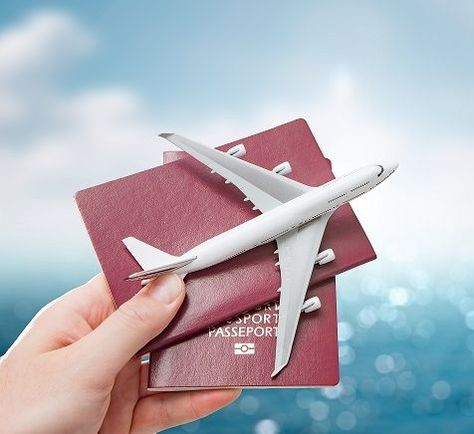1. Research Visa Options
2. Understanding the Cost of Living
3. Securing Accommodation
4. Healthcare and Insurance
Australia offers high-quality healthcare services through its public system, Medicare, which covers citizens and permanent residents. However, if you are not yet eligible for Medicare, you may need private health insurance for your time in Australia. Private health insurance is also recommended for those who want more comprehensive coverage. Be sure to arrange your health insurance before your departure to ensure you’re covered upon arrival.
5. Adjusting to Australian Life
Australian culture is generally relaxed and laid-back, but there are a few things to consider when adjusting to life in your new home. The accent and local slang may take some getting used to, but Australians are friendly and welcoming, so don’t hesitate to ask questions or engage in conversation. Many Americans find the cultural transition relatively easy because the lifestyle is similar, with modern amenities, excellent food, and outdoor activities. Joining local groups or expat communities can also make settling in easier.
6. Taxation and Financial Considerations
When moving to Australia, it’s essential to understand the tax system. Australia’s tax laws are different from those in the US, so you’ll need to familiarize yourself with their requirements. If you’re moving temporarily, you may still be subject to US taxation, so it’s wise to consult with an international tax advisor to avoid double taxation and manage your finances effectively.
7. Packing and Shipping
Once your visa is sorted, it’s time to start thinking about what you’ll bring with you. Shipping goods to Australia can be expensive, so prioritize the items you can’t live without. Keep in mind that Australia has strict quarantine rules, particularly concerning food, plants, and animal products. Before packing, be sure to check the customs regulations to avoid delays in your shipment.


